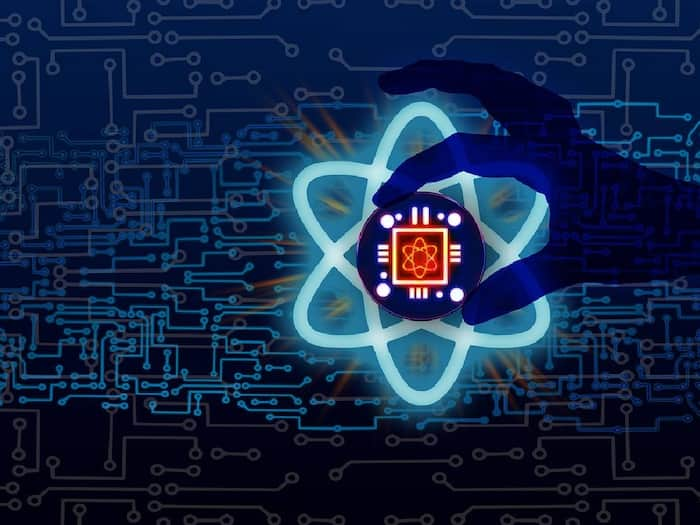
Written By Deepti Ratnam
Edited By: Deepti Ratnam | Published By: Deepti Ratnam | Published: Dec 10, 2024, 10:36 AM (IST)

Google has finally unveiled its much-anticipated processor of the quantum computers-‘Quantum Chip named ‘Willow’. The tech giant announced about it in its blog post, mentioning how ‘Willow’ has ‘state-of-the-art performance across several metrics.’ The tech giant claims that its latest quantum chip takes only five minutes to solve a problem that would actually take the world’s fastest computer to solve in 1025 or 10 septillion years, which makes it 10,000,000,000,000,000,000,000,000 years. Amazing, right? Also Read: Aadhaar Cards Set For Major Tech Overhaul With AI, Blockchain, And Quantum Security
Quantum computing has always been a deep field in computer science that uses quantum mechanics to solve complex problems faster than classical computers and it seems Google has become successful in building one such quantum chip that can calculate a complex problem within minutes. There are several quantum computers in the world right now, including IBM, Google AI & NASA, Alpine Quantum Technologies (AQT), PASQAL, and QuTech. Also Read: What is Majorana 1 by Microsoft and how it works? Explained
Hartmut Neven, the Founder and Lead, of Google Quantum AI says in its blog post, “The Willow chip is a major step on a journey that began over 10 years ago. When I founded Google Quantum AI in 2012, the vision was to build a useful, large-scale quantum computer that could harness quantum mechanics — the “operating system” of nature to the extent we know it today — to benefit society by advancing scientific discovery, developing helpful applications, and tackling some of society’s greatest challenges.” Also Read: Modi in US: Semiconductor announcements to create up to one lakh direct jobs: MoS Rajeev Chandrashekar
Neven further explains how they have reached this level of solving complex calculations in under 5 minutes with the help of physical qubits. The larger arrays of physical qubits scaling from a grid of 3×3 encoded qubits, to a grid of 5×5, to a grid of 7×7 each time’ helped the team reached to the latest advances in quantum error correction.